INTERVIEWS
Farihd Maya
Interviewer: Marcela Torres
Language of interview: Spanish
Country of practice: Colombia
Profession: Architect at Taller Sintesis
Farihd Maya is a Colombian architect, professor, and cofounder of Taller Sintesis, a studio located in the city of Medellín. According to Maya, most architecture professionals in Colombia think of the conflict as something far from their reality, which is one of the reasons why it is important to encourage design professionals and students to get involved in spatial and social justice processes. For Maya, one of the biggest architectural challenges in the current Colombian reality is designing spaces for memory and transitional justice in the middle of an ongoing and long-lasting civil conflict. However, he emphasises the importance of design since “architecture allows to give hope a shape”.
During our interview, Maya explains how Taller Sintesis has been involved in the design of several memory spaces, in which the studio’s main role has been to understand the responsibility of architecture in relation to the difficult social realities. Maya presents different case studies in several massacres sites in Antioquia, including a “house of memory” in Villa del Fuerte, a community space in Puerto Bello, and a space for cosmovisions preservation in Vigia. All these projects are located in contexts of hard social conditions, extreme poverty, and active conflict with hegemonic ideas of development.
Lastly, Maya explains the importance of multidisciplinary collaboration for designing spaces in conflict zones. He then describes some of the obstacles architects face when working with transitional justice; among others, a deeper need for cultural and geographical awareness, the urgency for flexible and multi-purposed spaces that help to cover basic needs of communities, and the importance of understanding that offenders should be also part of the design process, even if they were responsible for the murder of hundreds of people. For Maya, collective architecture processes require prioritising the humanity of offenders, even if this is the most difficult task to accomplish.
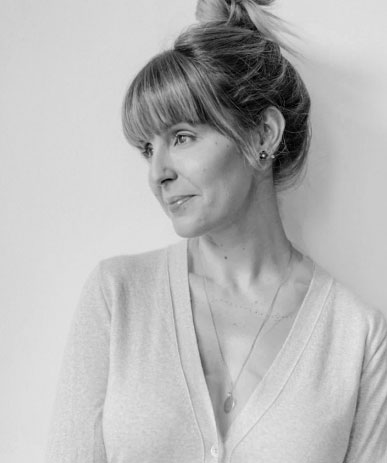
is an author, speaker, columnist, and podcaster in the fields of architecture and decorative arts. She is completing her MA in Art History at Concordia University, Montréal, and holds a Bachelor of Commerce with a major in Marketing from John Molson School of Business. She studied Industrial Psychology in Los Angeles, California. Sicotte is the author of two published books on design (2015, 2018) published by Les Éditions Cardinal.

is a Colombian PhD candidate in the Department of Art History at Concordia University. She has a background in architectural design and community activism and holds a master’s degree in Building and Urban Design from the Bartlett School of Architecture in London, England. Her interests focus on socially-engaged art, social movements, collaborative activism in post-conflict scenarios, collectively-produced art, and art produced in relation to the built environment.
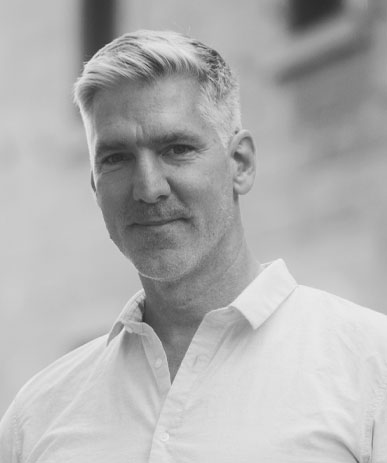
is a PhD candidate in Humanities at Concordia University. His research focuses on spatial agency, social aesthetics, youth narratives, and graphic representations of urban memory. He has published on the relationship between children, play, and public space in Cartagena, Colombia. He has also worked as an editor on literary projects, including Territorio Fértil, which received the María Nelly Murillo Hinestroza award for Afro-Colombian literature.
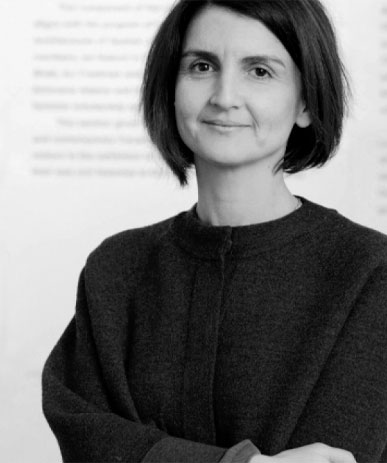
is Associate Professor and Canada Research Chair in Architectures of Spatial Justice (Tier 2) at the Peter Guo-hua Fu School of Architecture at McGill University, Montréal, Québec, Canada. Her research interests include low-income housing and participatory design, civil protest and urban design, and campus landscapes and race. Her publications include the co-edited book, Orienting Istanbul (2010) and solo-authored book, Istanbul Open City (2018).
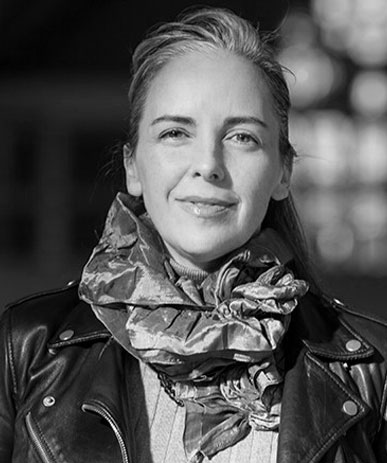
is an artist and a professor of Art History at Concordia University. Her work focuses on women and the history of the built environment, urban landscapes, research-creation, and oral history. She has published on the spatial history of the suffrage movement, public art, gardens, and the politics of urban change. In addition to her research on the spaces of restorative and transitional justice, she is leading an oral history project on the urban memories of diverse Montrealers.
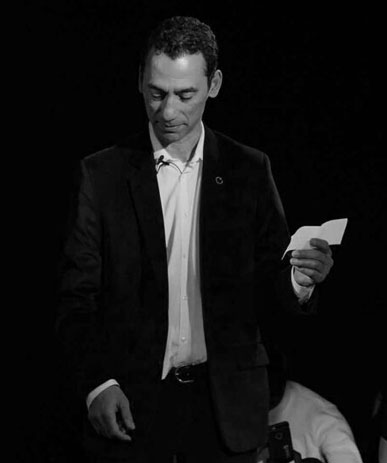
is Associate Professor in the Department of Theatre at Concordia University, Montreal (Quebec, Canada). He is also the second co-director of Concordia’s Centre for Oral History and Digital Storytelling. His latest publications explore listening in the context of post-conflict performances of memory. For instance, see ‘Facilitating voicing and listening in the context of post-conflict performances of memory. The Colombian scenario.’ In: De Nardi, S., Orange, H., et al. Routledge Handbook of Memoryscapes. Routledge: London. (2019), and his article ‘Not being able to speak is torture: performing listening to painful narratives’. International Journal of Transitional Justice, Special Issue Creative Approaches to Transitional Justice: Contributions of Arts and Culture. (March, 2020)